
Greek banks can now face the future with great confidence and especially to resort to international capital markets, said the Deputy Minister of Finance, responsible for the financial system, Giorgos Zavvos, yesterday, referring to the recent share capital increase of Piraeus Bank and planned share capital increase Alpha Bank.
As the Deputy Minister of Finance said, three reasons have shaped the conditions for the change of image and the renewed confidence in Greek banks: First, the huge progress that has been made through the “HERACLES” scheme in reducing non-performing loans. Secondly, the significantly improved credit situation of the country that allows it to use the markets with the lowest interest rate at which the Hellenic Republic has ever borrowed. Thirdly, the imminent inflow of huge resources from the Recovery Fund, which will bring about great and significant improvements for the Greek economy, a perspective that is perceived not only by Greeks, but mainly by international investors.
“These are conditions that create a uniquely favorable situation, which allows both the Greek economy and Greek banks to be able to look to the future with confidence and to act immediately for the implementation of their business plans,” said Mr. Zavvos.
Answering a question regarding the handling of the deferred tax due to the hive-down of Piraeus Bank, Mr. Zavvos stated that the corporate transformation that the three of the four systemic banks have undergone is completely legitimate and ethical and was based on the given legislation and with the approval of the European Banking Supervisor (SSM), in cooperation with the Bank of Greece.
The relevant legal status to which the deferred tax and the new transformation of Piraeus Bank are subject, are the provisions of article 27A of law 4172/2013. According to this law, as stated by the competent Deputy Minister of Finance, in case the corresponding income tax for the tax year, in which the accounting loss occurred, is not sufficient for the full offset of the above final claim against the State, then the legal entity has immediately receivable claim against the Greek State for the remaining unsettled amount.
Therefore, when converting the deferred tax claim into a final and settled claim against the Greek State, the State makes a corresponding payment. As compensation for this payment, the State receives rights of new shares of the legal entity, according to the provisions of the law. Therefore, the public interest is not affected either in the case when the obligation of the State to pay a settled claim is activated, since it simultaneously receives rights in new shares, nor of course in the case that there are no losses of the legal entity, so the payment mechanism is not activated.
As Mr. Zavvos explained, the three Greek systemic banks underwent their corporate transformation (hive-down) for the following reasons:
Firstly, because in this way they can accelerate the reduction of non-performing loans through “HERACLES”, as the transformation improves their organizational and capital structure. In the case of Piraeus Bank, through the corporate transformation, the Bank was able to obtain the so-called derecognition, ie to complete the securitization of a significant amount of non-performing loans, with a total gross book value of approximately 7.5 billion euros.
Secondly, this transformation allows for a significant reduction in the amount of credit loss provisions. So, banks are releasing funds, which will go into the real economy.
Third, the corporate transformation improves the quality of banks’ assets, making them much more investable, especially at a time when private and international investors are rushing to invest in Greek banks.
Finally, Mr. Zavvos answered queries concerning the security of the guarantees of the Greek State that accompany the securitizations through “HERACLES”.
The state guarantees through “HERACLES 1”, 12 billion euros, and through “HERACLES 2″, another 12 billion which are among the safest guarantees ever given by the Greek State. Their security is evidenced by a number of reasons: First, because they guarantee the best rated part of the securitization (senior tranche), secondly, because in order to be granted the transaction of the sale to investors of 50% + 1 of the entire portfolio must have already taken place, and thirdly, because even if in the extreme case there of a total collapse of the guarantee, then this loss is fully factored in the commission that the banks pay to the Greek State for the inclusion of their securitizations in the HERACLES scheme”, Mr. Zavvos pointed out .
Latest News
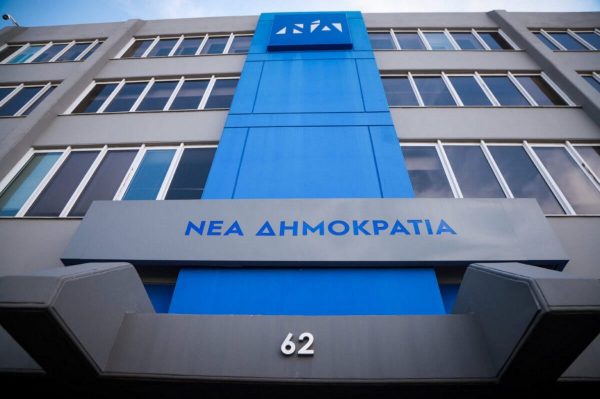
PM Mitsotakis to Chair New Democracy’s Committee Meeting
Today’s meeting is seen as a crucial opportunity to halt internal disputes within ND and reaffirm unity within the party.

Trump Tariffs Jeopardize Growth: Piraeus Chamber of Commerce
The tariffs, aimed at reducing the U.S. trade deficit, are expected to have both direct and indirect effects on the European economy

EU Condemns Trump Tariffs, Prepares to Retaliate
As tensions escalate, the EU is expected to continue negotiations with Washington while preparing for potential economic retaliation.

The Likely Impact of Trump Tariffs on Europe and Greece
Trump tariffs are expected to negatively affect economic growth in the Eurozone while Greece's exports could take a hit.

Motor Oil Results for 2024: Adjusted EBITDA of 995 mln€; Proposed Dividend of 1.4€ Per Share
Adjusted EBITDA for 2024 was down 33% yoy. The adjusted profit after tax for 2024 stood at 504 million euros, a 43% decrease from the previous year

Cost of Living: Why Greece’s 3% Inflation Is Raising Alarm
Greece appears to be in a more difficult position when it comes to price hikes, just as we enter the era of Trump’s tariffs.

Fitch Ratings Upgrades the Four Greek Systemic Banks
NBG’s upgrade reflects the bank’s ongoing improvements in its credit profile, Fitch notes in its report, including strong profitability, a reduction in non-performing exposures (NPEs), and lower credit losses

Trump to Announce Sweeping New Tariffs Wednesday, Global Retaliation Expected
With Trump's announcement just hours away, markets, businesses, and foreign governments are bracing for the fallout of one of the most aggressive shifts in U.S. trade policy in decades.

Inflation in Greece at 3.1% in March, Eurostat Reports
Average inflation in the eurozone settled at 2.2%, compared to 2.3% in February

Greece’s Unemployment Rate Drops to 8.6% in February
Despite the overall decline, unemployment remains higher among women and young people.



























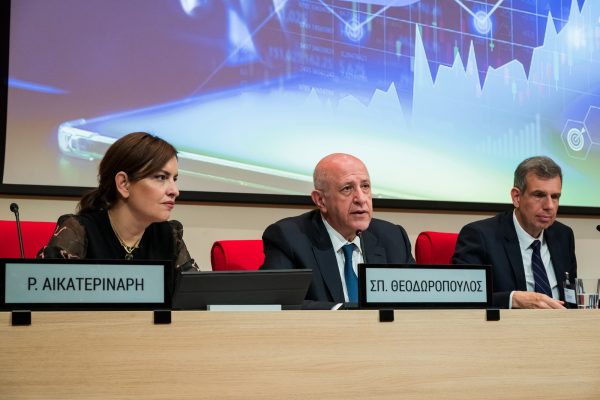



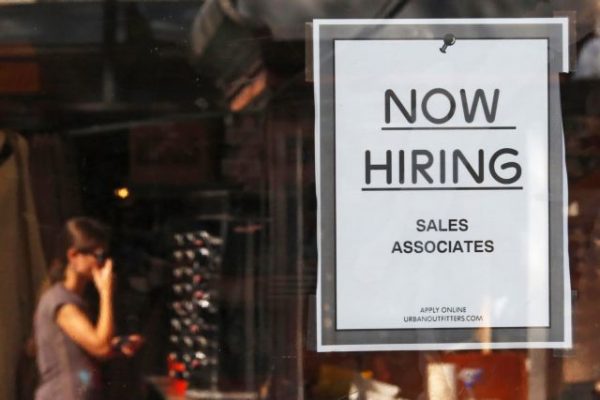

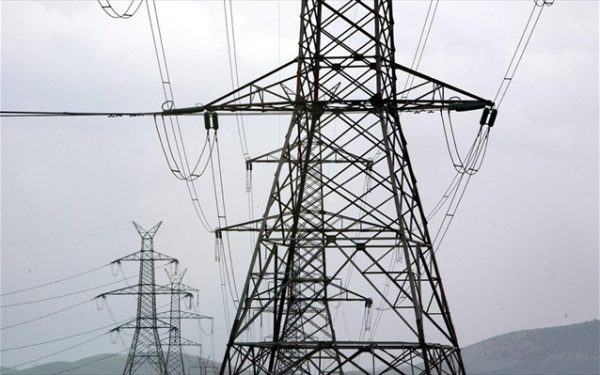


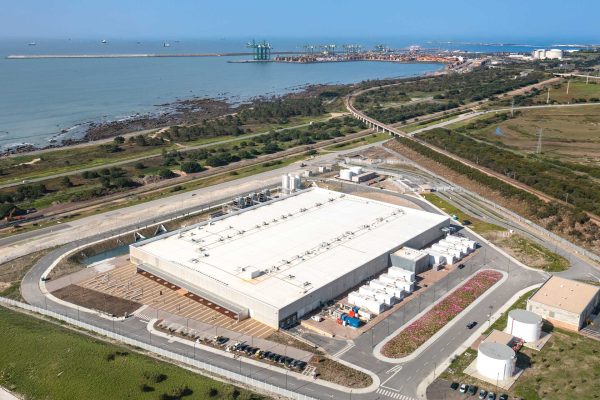

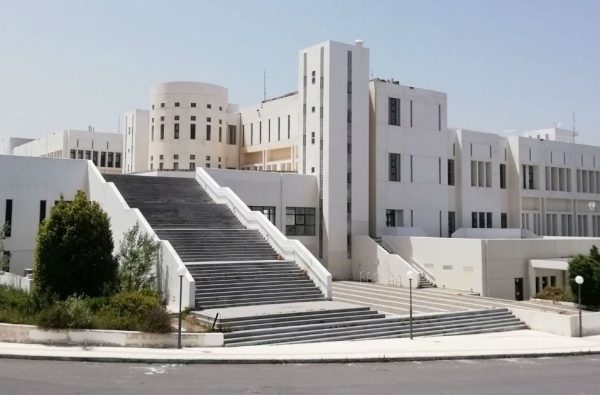



 Αριθμός Πιστοποίησης
Αριθμός Πιστοποίησης